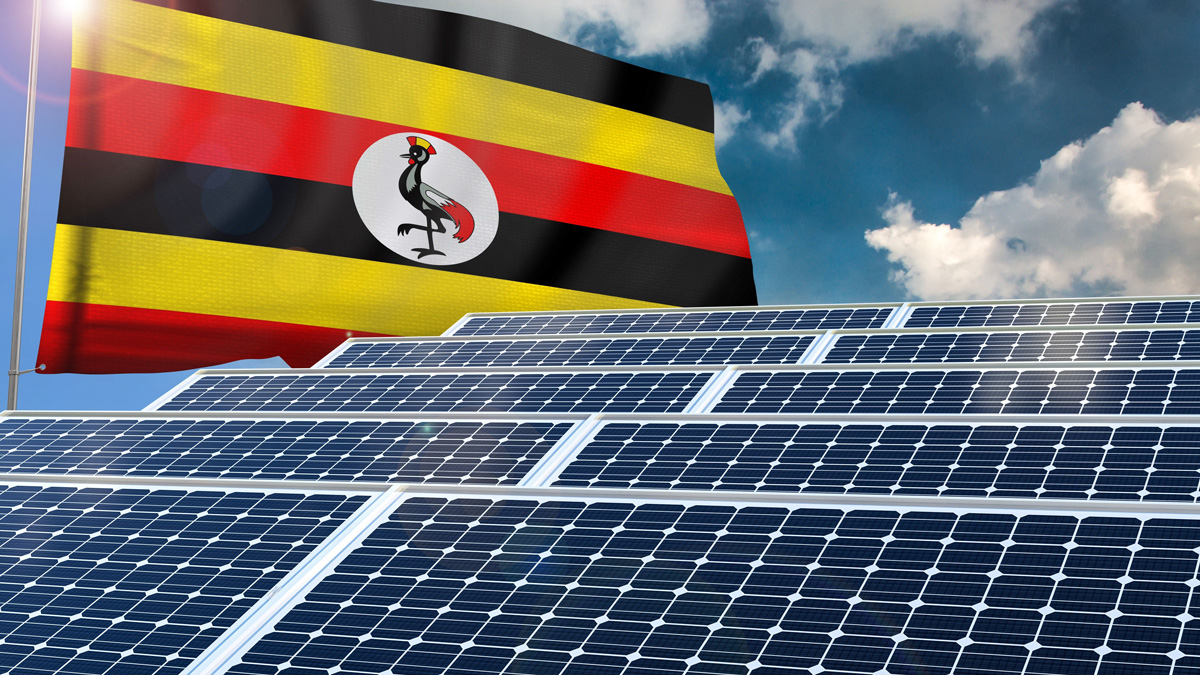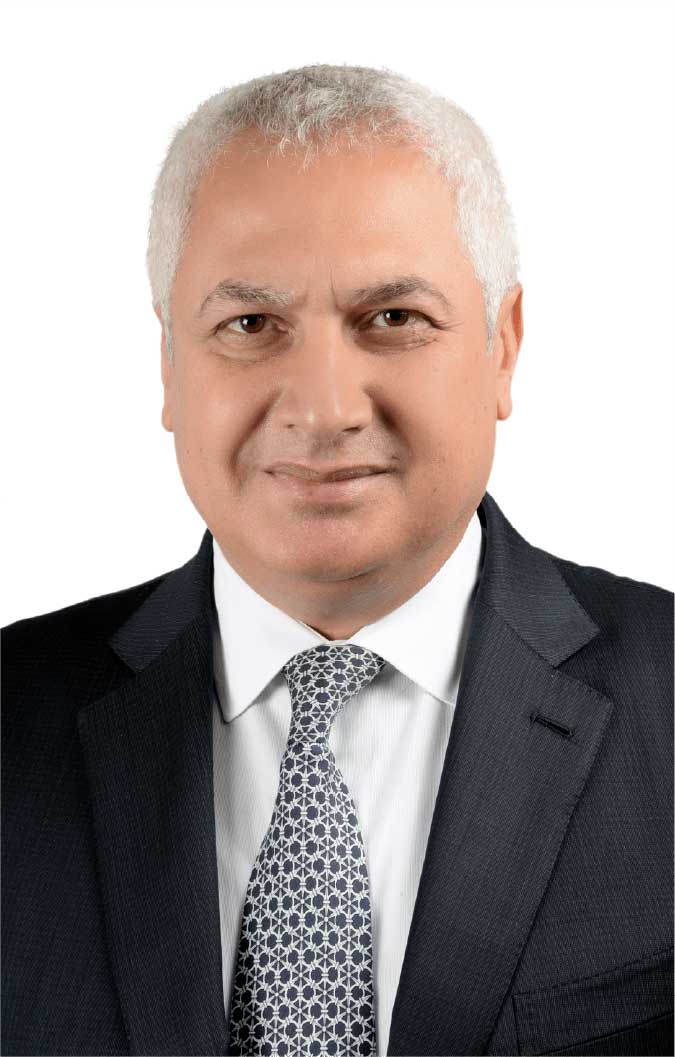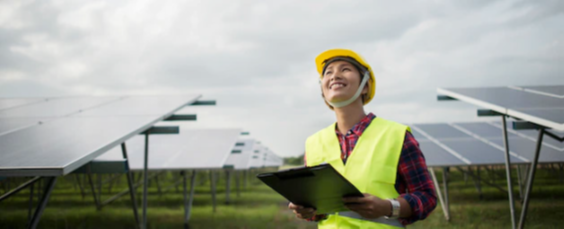
Shifting and Mobilizing Resources for Uganda’s ESG Infrastructure Projects
On December 22, 2022, ICIEC provided EUR 145 million in insurance to support ESG-related projects in Uganda. ICIEC agreed with the government of Uganda, Standard Chartered Bank (SCB), and Société Générale (SocGen) to offer cover on selected projects that are considered key for the OIC Member State. All of the projects selected are related to ESG and will have a significant developmental impact in Uganda. The backed financing will go towards agriculture, solar energy (climate change), water infrastructure, and healthcare. After completion, the projects will immediately improve the lives of millions of people.
The 10-year insurance cover was provided to SCB and SocGen to mitigate non-payment risk and comes under ICIEC’s Non-Honoring of Sovereign Financial Obligations Policy (NHSFO). The Islamic facility (Murabaha) was lent by SCB as the mandated lead arranger (MLA) of syndication in which Société Générale has provided participation.
The challenging backdrop
Uganda has been challenged by the ongoing problems of COVID-19 impacts on real GDP (GDP growth had slowed to 3% year/year in 2020 amid COVID, half the year-earlier growth rate). The severe income losses due to COVID-19 led to lower consumption growth and a 5.2% increase in the national poverty line after the first lockdown in 2020. Both post-COVID supply disruptions, and also the Ukraine invasion, have led to much more expensive inputs such as fertilisers and energy and higher transportation costs which have put pressure on agricultural production inputs and on food security and have dampened household incomes and demand.
According to data on OIC countries quoted in SESRIC [OIC Economic Outlook 2022], Uganda had a fiscal deficit of 7.8% of GDP in 2021.
To help mitigate the effects of imported inflation and help stabilise domestic prices, the Republic of Uganda, SCB, and SocGen agreed on COVID-19 support and a development programme. Within this, ICIEC has agreed with SCB and the government to offer cover on selected projects that are considered key for the member state. Funds will be used in agricultural projects, solar energy (which will work towards mitigating climate change), water infrastructure, and healthcare.
The key positive results of the support are intended to be multiple, including improvement of living conditions, increasing access to safe drinking water to 95%, increasing life expectancy and health adjusted life expectancy, improving food security conditions, increasing agricultural productivity, and promoting the green economy.
Helping to meet NDC goals
Uganda is also committed to its updated Nationally Determined Contributions (NDCs) on climate change to meet its Paris Agreement undertakings. In the updated NDC published in September 2022, Uganda has an ambitious economy-wide target to cut emissions by 24.7% below its Business as Usual (BAU) by 2030 (a target that has been raised from the 22% reduction target made in 2016).
According to the report, Uganda’s number one priority response to climate change is an adaptation in the context of “addressing key vulnerabilities in sectors, building adaptive capacity at all levels, addressing loss and damage, and increasing the resilience of communities, infrastructure, and ecosystems. The sectoral scope for adaptation has been broadened from agriculture, forestry, water, infrastructure, energy, risk management, and health to also include ecosystems (wetlands, biodiversity, and mountains), water and sanitation, fisheries, transport, manufacturing, industry, and mining, cities and built environment, disaster risk reduction, tourism, and education.”
According to the report, these ambitious goals will require considerable financing. The report notes that the total cost of implementing adaptation, mitigation, coordination, monitoring, and reporting of this updated NDC is estimated at US$28.1 billion. While Uganda commits to mobilising domestic resources to cover the unconditional actions to the tune of US$4.1 billion, equivalent to 15% of the total cost of the updated NDC, it will need international support to cover the conditional measures and actions. Several capacity-building and technology needs have also been identified for implementing the NDC. Support by development institutions such as ICIEC will be very important going forward.





 Download Newsletter
Download Newsletter
